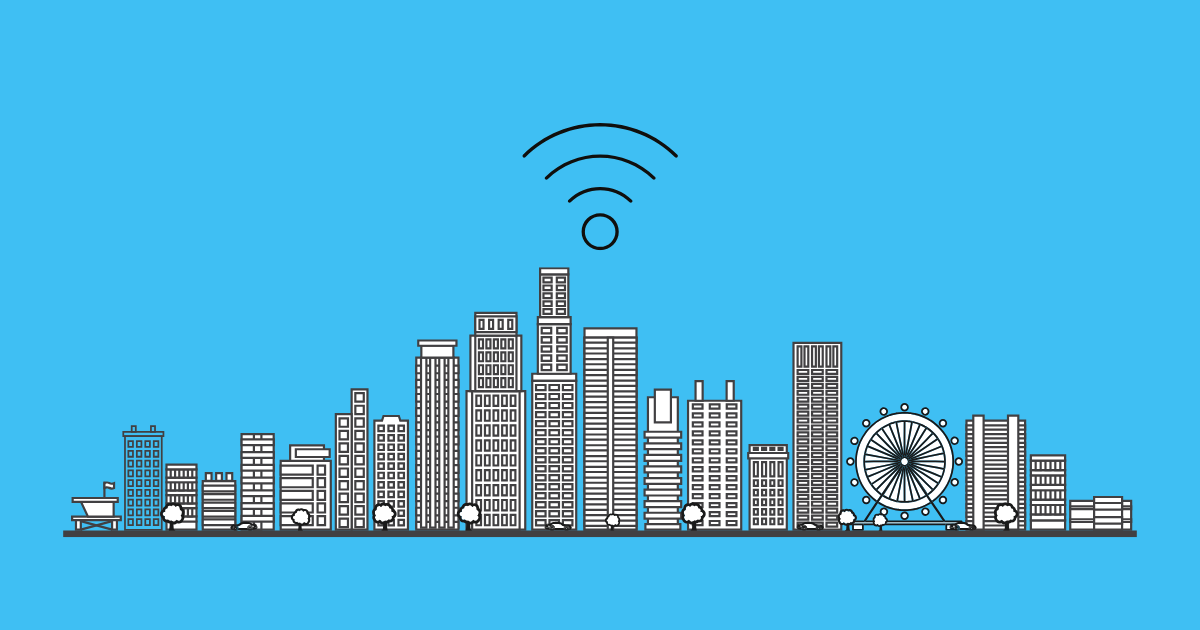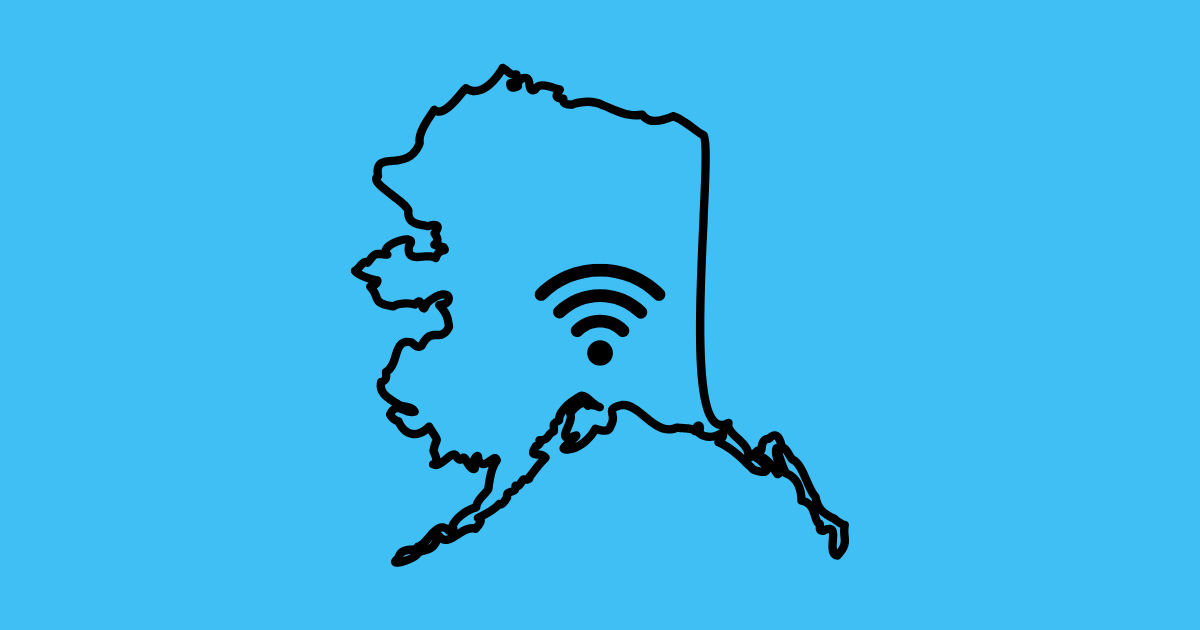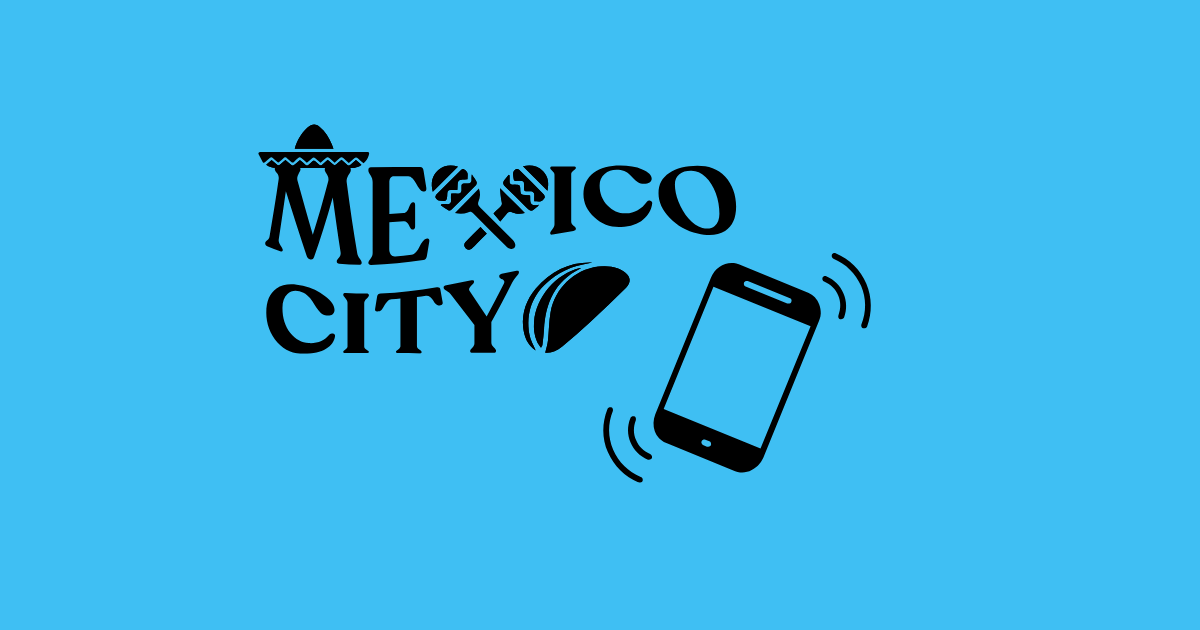5G technology: what are the benefits for users?

When it comes to mobile technologies, the deployment of new frequency bands on our wireless network is often the talk of the town. 5G technology is no exception to the rule, and a good deal of fake news accompanies its arrival.
While many users are looking for performance from their smartphone, others are wondering what advantages 5G has over 4G. Because if phones are impacted – every package is already available with the 5G option – they’re not the only ones!
Industry, healthcare and the whole world are also impacted, and we explain how.
What is 5G?
Definition of 5G
5G stands for fifth-generation mobile network. It represents the new standard for wireless communications announced in 2017. As such, it represents ever more advances for users.
Its predecessor, 4G, transformed mobile Internet thanks to much higher connection speeds than 3G. The fourth generation of frequency bands had also enabled the democratization of streaming services or the use of real-time applications (such as Google Maps or Waze).
5G, on the other hand, promises to go even further with its high-speed cellular technology. It offers even faster and more reliable connectivity. For this, it uses the 3400-3800 MHz band in Europe. This is known as the “core band” or the 3.5 GHz band.
Find out more about frequency bands here.
What's the point of 5G?
But what exactly is 5G for? From a technical point of view, it operates on higher frequency bands, including the 5 GHz band. It also uses data rates of up to 1 Gbit/s (or 10,000 Mbit/s). Its particularity is therefore based on very high frequencies.
In practice, this means near-instantaneous downloads and interactions, extremely low latency and a much higher capacity for simultaneous connections between connected devices (the so-called IoT).
Compared with 4G, 5G increases the number of possible connections per square kilometer a hundredfold. This makes it an ideal technology for highly urbanized environments, high-tech industry and the deployment of “smart cities”.

What are the differences between 4G and 5G?
The main difference between 4G and 5G lies in speed. Where 4G offers theoretical speeds of around 100 Mbit/s, 5G is ten times faster (up to 1 Gbit, or 10,000 Mbit/s). What’s more, latency – the time it takes for data to travel back and forth between a device and a server – drops from 30 milliseconds with 4G to less than 1 millisecond with 5G.
This opens the way to real-time interaction for applications such as video games, augmented reality and telesurgery. Another effect is the possibility of extending mobile networks to hundreds of thousands of connections.
5G also offers a major advantage in terms of energy savings: thanks to its design, it can reduce the energy consumption of connected devices, particularly in low-power scenarios such as connected objects (IoT).
Last but not least: security. Thanks to the ability to deploy cybersecurity software with multiple traffic routing points, 5G is becoming a more reliable ally than 4G.
5G UC or 5G Standalone (SA)?
Perhaps you’ve noticed the acronym “UC” next to your 5G bar on your phone?
The term UC for Ultra Capacity refers to the way in which 5G is integrated into existing mobile networks. It is also referred to as 5G NSA (Non-Standalone), the term UC being equated with commercial use by some operators such as T-Mobile in the USA.
UC corresponds to 5G frequencies used on 4G or 5G infrastructures. This will be the most widespread version in 2024, offering an intermediate experience until the 5G network is fully deployed. 5G Standalone, on the other hand, is totally independent. The network uses its own antennas dedicated specifically to 5G.
What are the benefits of 5G for consumers?
Using your mobile and the Internet
For private users, 5G will revolutionize everyday connectivity, and in particular the use of mobile and digital services.
Firstly, improved connection speeds will make Internet browsing and video streaming smoother. It will be possible to download movies in seconds and watch 4K videos without interruption. But the positive effects go far beyond that.
IoTs will be more autonomous, as 5G is more energy-efficient. They will gradually enable technologies to be deployed within cities and homes to make them “smarter”.
Networked games and immersive experiences
Thanks to its very low latency, 5G opens up new uses for mobile games, with online games where the user acts in real time, without delay. This has created a real rivalry with traditional consoles.
Augmented reality and virtual reality are also becoming increasingly popular. Applications are more powerful and open the way to new immersive experiences.

Connected devices and data for medicine
Healthcare is another sector that will be positively impacted. Telemedicine, already popularized with 4G, will see its capabilities increased tenfold. Doctors will be able to make diagnoses in real time, and even perform surgery assisted by remote robots.
What are the benefits of 5G technology for businesses?
If 5G enhances the experience of private users, the same is true for businesses. For industry, it’s the advent of large-scale automation. Factories are developing interconnected robots, working in perfect coordination and reacting in real time to changes in the production chain.
In the transport sector, 5G is a key element in the development of autonomous vehicles. Real-time data exchange with road infrastructure and other vehicles requires fast, reliable networks.
Sectors such as logistics, retail and healthcare are also being positively impacted, thanks to the development of much more powerful analysis tools in :
- decision-making ;
- strategic operations ;
- improving human-machine collaboration;
- and customer service quality.
How much 5G coverage is there on the planet?
In the world
The rollout of 5G varies considerably from country to country. Some countries, such as South Korea, the USA and China, were among the first to adopt the technology.
China, in particular, is ahead of the game, with massive investments in 5G infrastructure in cities such as Shanghai and Beijing. The technology is also spreading to rural areas. Broadband is one of their priorities
Other countries are refusing 5G or delaying deployment. Concerns about potential health effects or environmental impacts sometimes spark heated debate. In Belgium, for example, deployment has been delayed by environmental concerns over antenna emissions.
In Europe
In Europe, the situation is more fragmented. Countries like Germany and the UK are well advanced in their rollout, with significant coverage in major cities. In fact, it was in Germany that the first compatible smartphones were sold in 2021. Other countries, such as France, have taken a more cautious approach, although 5G coverage is beginning to spread rapidly across the country.
The European Commission is pushing member states to speed up their transition to 5G, highlighting its importance for the digital economy and the European Union’s global competitiveness.
In France, Arcep helps reconcile private markets with public demand for the smooth running of the country and daily life. The deployment of 5G is thus at the heart of their concerns.

In the United States
The United States is among the most advanced countries when it comes to 5G, with operators such as Verizon, AT&T and T-Mobile starting to roll out large-scale 5G networks in major cities as early as 2019. However, 5G coverage in the US remains uneven. While major metropolitan areas are well served, rural areas still face infrastructure challenges. These are the same as for 4G deployment.
When you travel to the USA, you can get a glimpse of the deployment underway in France. Our Sim Cards and eSIM are all 4G and 5G compatible, at a range of prices, so your stay in North America will be perfectly connected.
How do you get 5G on your phone?
While American operators have been quick to seize on broadband technology, this is also the case for French networks, where fiber deployment is a national issue. All operators (SFR, Orange, Free or Bouygues Telecom) have released mobile packages adapted to 5G. Despite the availability of heterogeneous mobile frequency networks, it’s easy enough to have a compatible phone and package.
To check that your phone is compatible for your trip to the USA, use our tool!
5G marks a clear break in the evolution of mobile technologies. It promises to transform both the lives of consumers and the way businesses operate.
However, global adoption remains highly uneven, with significant gaps between pioneering countries and those still hesitating to take the plunge, accentuating the global digital divide.
While health and environmental drawbacks continue to fuel debate, 5G remains a technology that paves the way for a number of new advances.
To keep up to date with all the latest information, consult the Arcep and its report on 5G.





